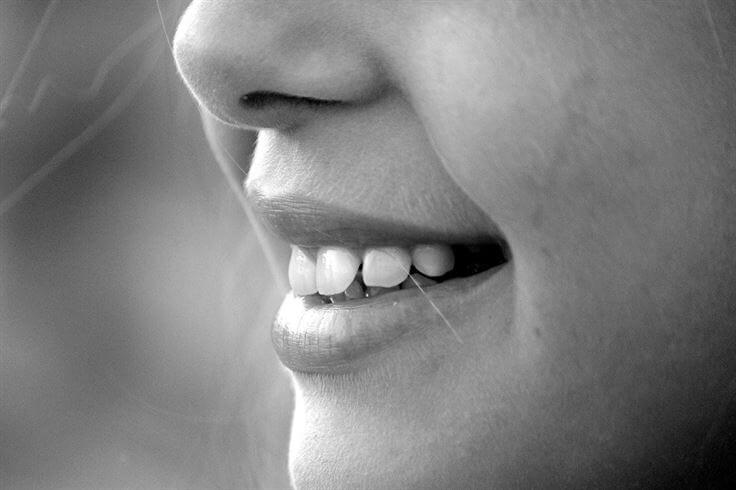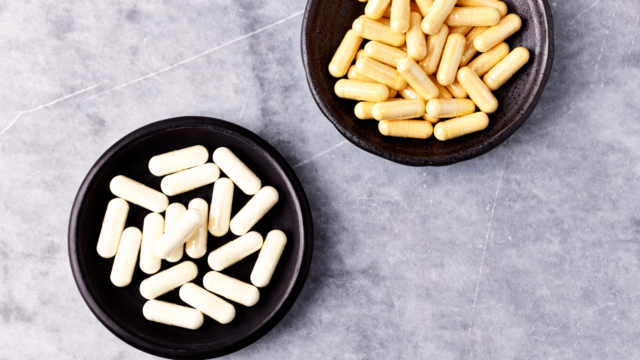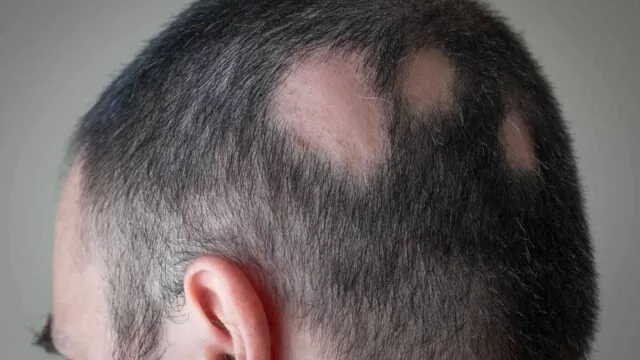FTC disclaimer: This post may contains affiliate links and we will be compensated if you click on a link and make a purchase.
To maintain good oral health, what you eat and how often you eat is one of the most important key factors. Eating healthy food for gum and teeth can prevent cavities and tooth decay.
The biggest culprit for our teeth and gums are carbohydrates and sugar. When we eat foods based on carbs and sugars, then bacteria in our mouth convert carbohydrates and sugar into acids.
These acids are responsible for most of our teeth and gums problems such as tooth decay, gum disease, and even bone loss.
A study stated that about half of American adult is affected by any periodontal or gum disease.
Moreover, the early stage of gum disease is known as Gingivitis, an inflammation that can be reversible with proper care.
But, as the inflammation increase, it leads to a bigger problem called Periodontitis. Periodontitis is a condition where the soft tissues that connect and support teeth and bone are damaged or destroyed.
Meanwhile, you should know that teeth and gums are a window to our bodies. The state of our gums and teeth signals the start of most diseases, including cardiovascular disease, diabetes, sinus infection, rheumatoid arthritis, irritable bowel disease, and many more.
Also, the truth is that the dentist can diagnose these disease conditions before your doctor.
So, nutrition is essential in promoting good oral health. And following a balanced and healthy diet ensure strong and healthy teeth and gums.
Healthy Foods for Gums and Teeth
Let’s look for the best foods for healthy teeth and gums.
Green tea
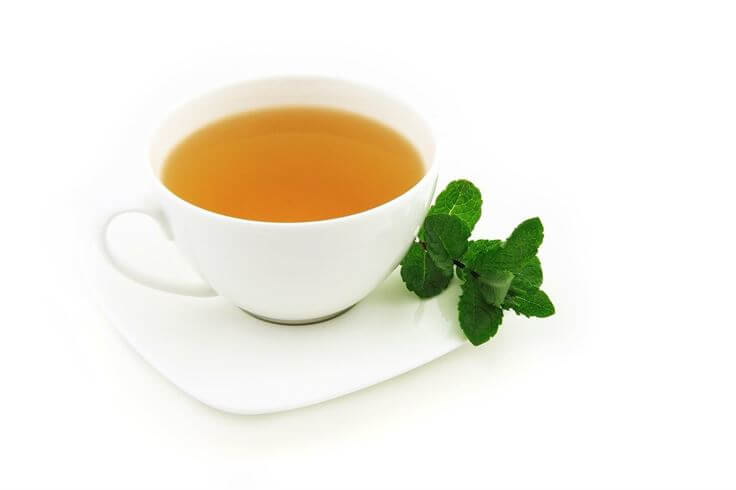
In a Vivo study, it stated that green tea contains catechins (an antioxidant) and naturally occurring fluoride that inhibits the growth of bacteria and acid responsible for tooth decay.
Moreover, in a study, green tea also contains a compound called polyphenols that slows bacteria’s growth associated with cavities and gum disease.
It is better to consume green tea in natural form than packed or bottled green tea because bottled green tea contains the right amount of sugar that leads to tooth decay.
So, try drinking a cup of green tea to boost oral health.
Apples
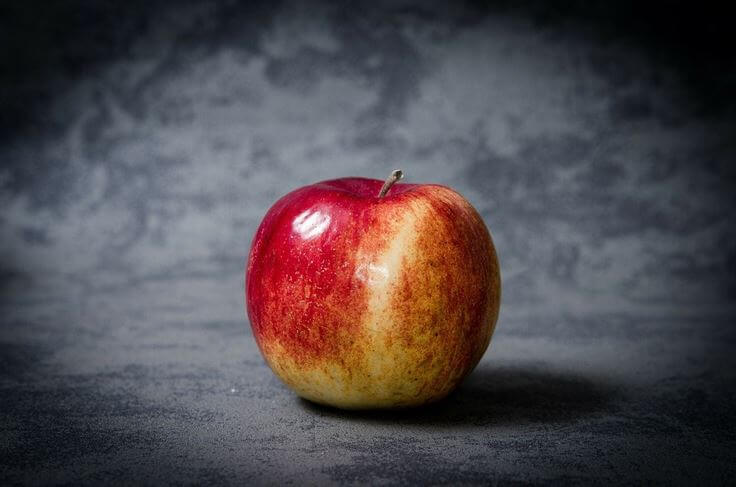
Eating an apple in a day can be very useful to get rid of cavities or gums disease. Moreover, munching an apple can shake up the plaque clinging to gums and teeth.
Apple also contains naturally occurring sorbitol that prevents the formation of cavities. Sorbitol in apples also helps in saliva production, which helps in washing out food particles from the mouth.
Dairy product: Milk, yogurt, and cheese
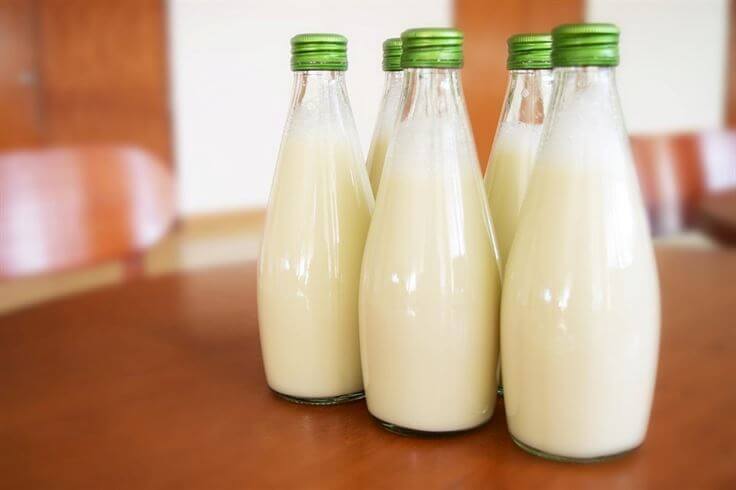
The dairy product contains the right amount of calcium that helps in strengthening your gums. Also, most dairy products comprise a protein called casein that neutralizes oral acids responsible for the production of bacteria in the mouth.
Besides, dairy products like yogurt contain probiotics that prevent Gingivitis and plague. However, fermented foods useful in suppressing the growth of pathogens in the oral cavity.
A research study has suggested that regular eating of fermented food prevents periodontal diseases.
Moreover, in a study, it was found that dairy products like cheese are quite beneficial in neutralizing the plague acid and restoring the enamel.
It is healthy to stick to natural cheese as compared to processed cheese.
Green leafy vegetables
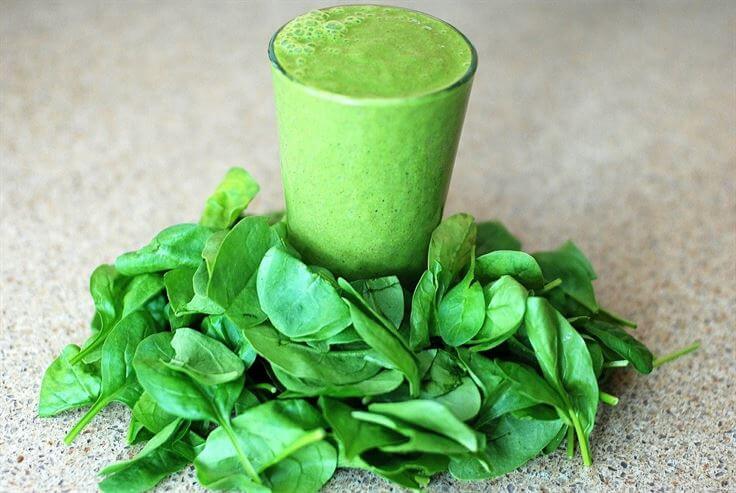
Green leafy vegetables are nutrient-dense foods that contain phosphorus, magnesium, vitamins K (especially K2), Vitamin D, and calcium that aids in oral health.
Moreover, green leafy vegetables require more chewing, leading to more saliva production, which helps maintain good gum health.
Saliva is also helpful in flushing out bacteria and plaque sticking to your teeth near the gum line.
Also, eating raw vegetables in the form of salad helps clean your teeth to a certain degree. It also stimulates your gums and reduces the build-up of cavity-causing bacteria.
Cranberries, Blueberries, and raspberries
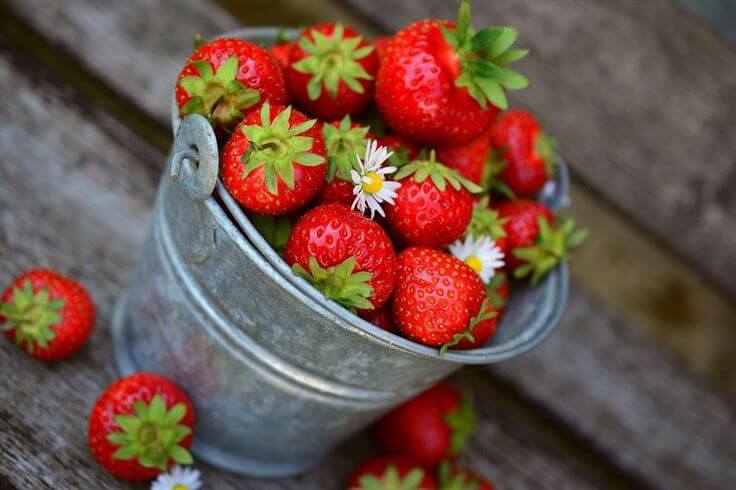
Foods like cranberries, blueberries, and raspberries are rich in a compound called anthocyanins.
This phytochemical prevents the attachment and colonization of pathogens in your teeth that are responsible for tooth decay.
These berries also contain vitamin C, known for their anti-inflammatory properties that will help gums fight against inflammation.
Similarly, you can also consume peppers and citrus fruits to reap the benefits of the anti-inflammatory vitamin.
Bottom line
To maintain good oral health, you should limit the consumption of sugar-containing foods and drinks.
Also, carbohydrates and sugar-containing foods act as a fuel source for bacteria. Besides, regular consumption of these foods contribute to tooth decay and lead to disease like Periodontitis.
It is also necessary to include herbs like garlic, ginger, echinacea, and ginseng to inhibit pathogens’ growth.
Try to have nutrient-dense food that will keep your teeth and gums healthy and prevent cavities.
